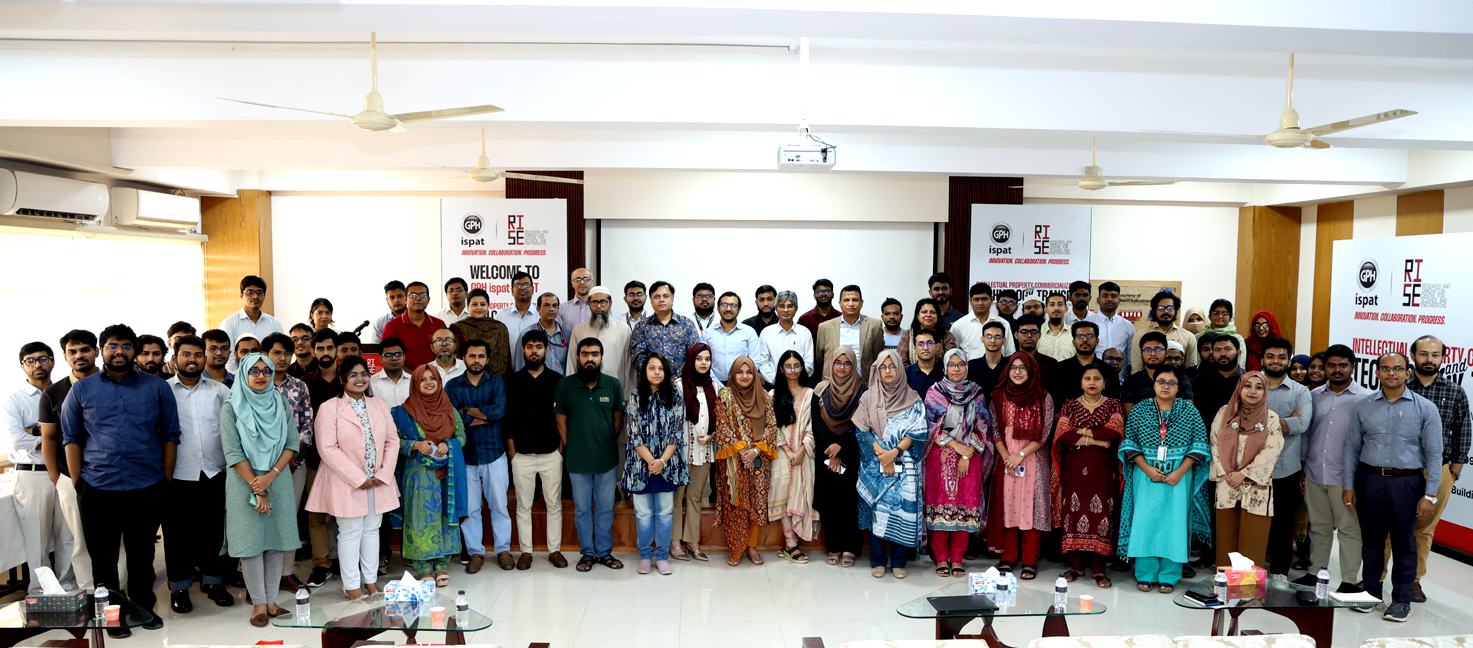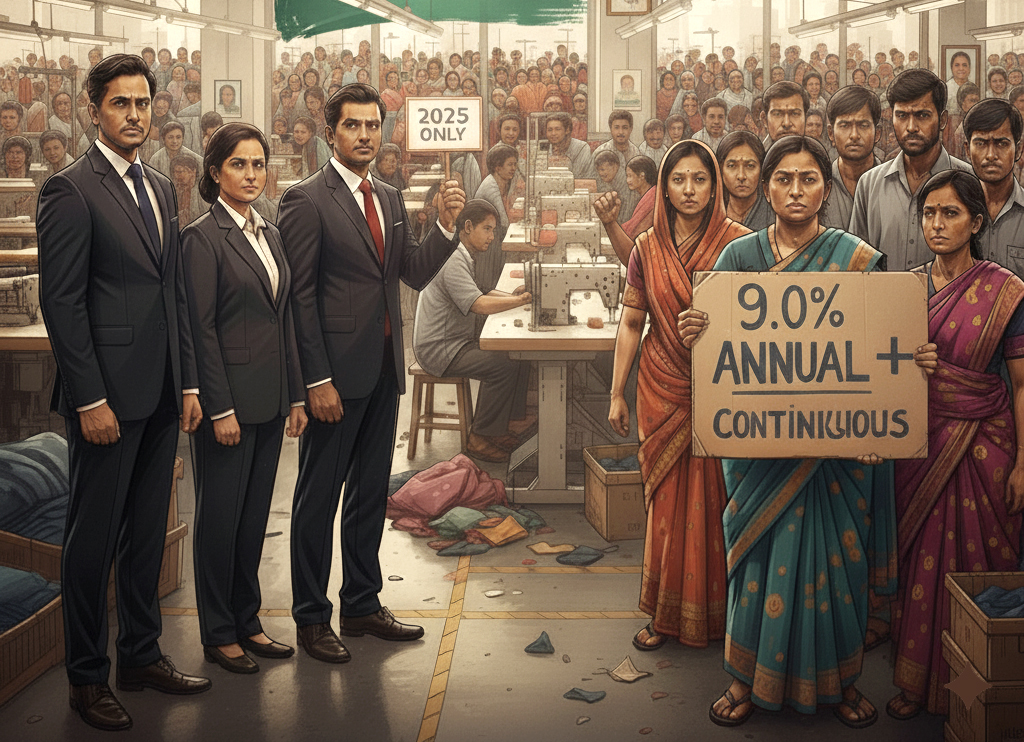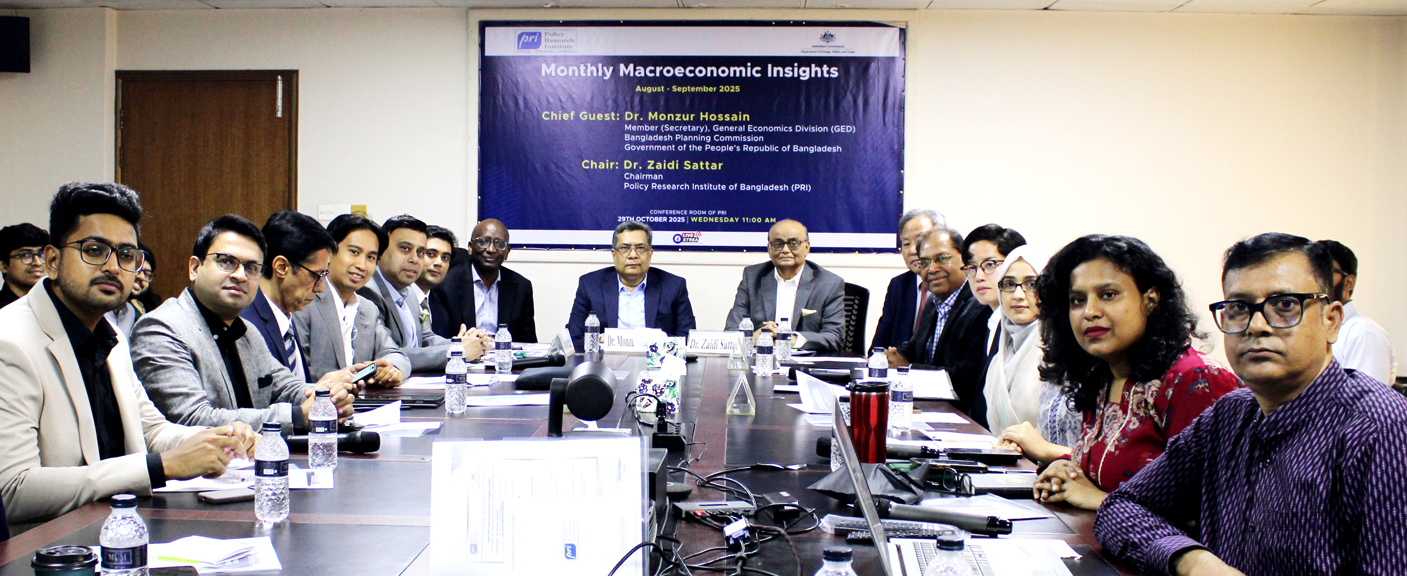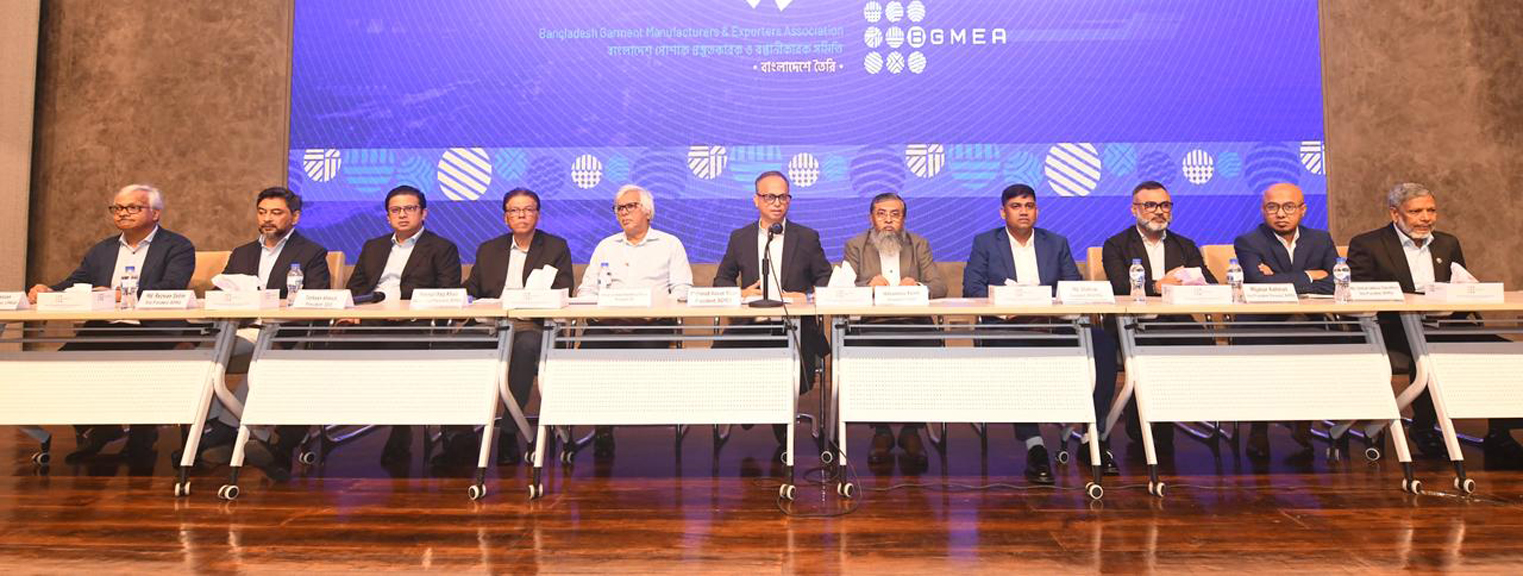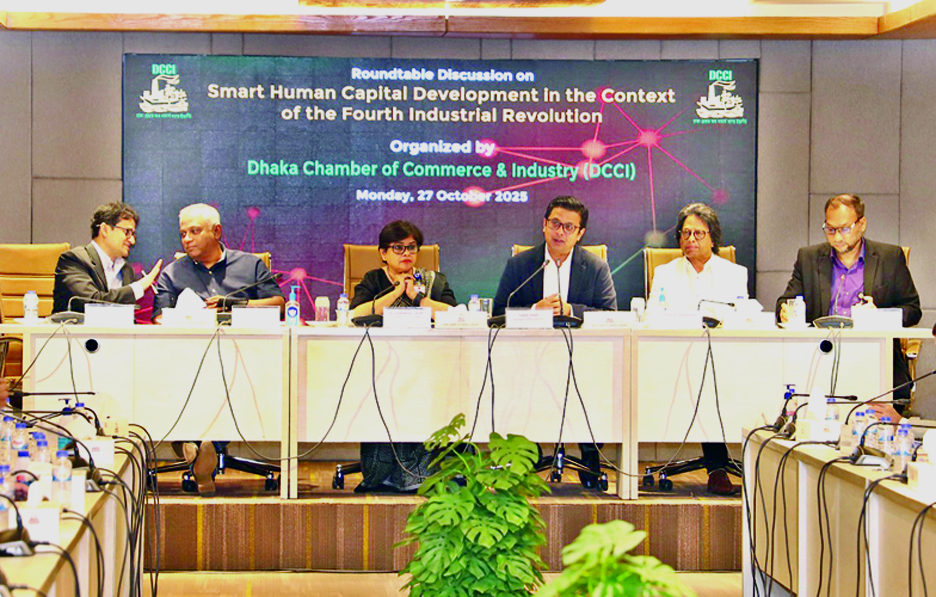Bangladesh Nationalist Party acting chairman Tarique Rahman has warned that the country could face significant economic challenges affecting businesses, workers, and the broader economy as it prepares to graduate from the United Nations’ Least Developed Country (LDC) category in November 2026.
In a post on Facebook and X, Tarique on Tuesday said that graduation was not just a milestone but also involved risks and challenges that needed to be addressed proactively.
He highlighted concerns such as the potential loss of trade preferences, which could undermine the competitiveness of the country’s garments exports, and reduced access to concessional loans and aid, which could increase financial pressure at a time when reserves and debts were already under strain.
Tarique Rahman said that trade privileges under the World Trade Organization, including flexibility on subsidies and medicine patents, would no longer apply after LDC graduation, which could lead to higher costs for essential medicines.
He also warned that heavy reliance on a single export sector made the economy vulnerable if competitiveness were to decline.
To mitigate these risks, Tarique called for urgent measures to protect home-grown businesses.
He suggested that the government should diversify exports into information technology, pharmaceuticals, and other value-added industries, strengthen financial discipline in public institutions to avoid a debt trap, and invest in productivity, trade logistics, and modern infrastructure to remain globally competitive.
The BNP acting chairman also emphasised that it was necessary to implement foreign commitments on trade facilities and green financing to support the transition.
Concluding his message, Tarique emphasised a people-centred approach, urging that workers, farmers, and youth should not be left behind.
‘Bangladesh needs real, tangible progress and opportunities for its citizens before it is able to reap the benefits of graduating,’ he said.



